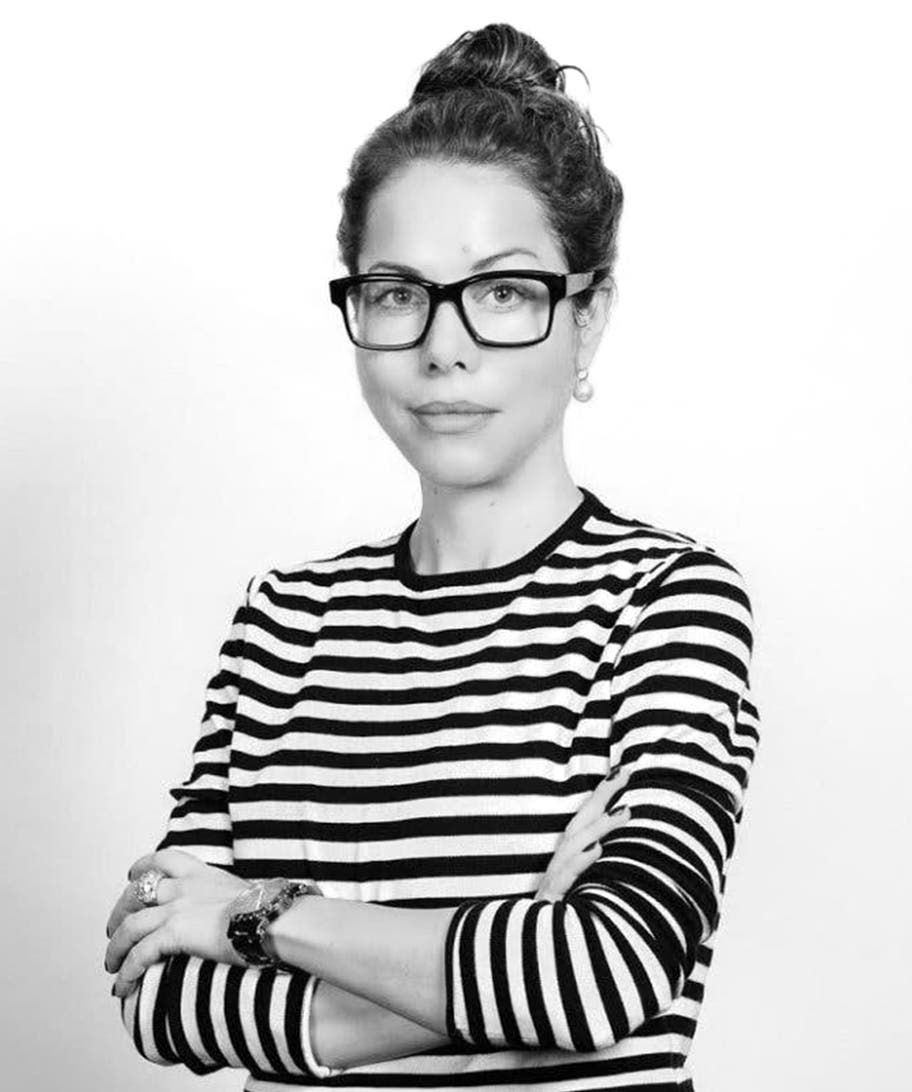Someone shared something with me this week: “Fighter pilots fly like they’re already dead.” It was their way, at times, of leaving fear at the door before a presentation. It’s a powerful analogy from a person with the most positive, enjoyable energy. But I couldn’t help think, this isn’t a war, this is work. Can we put the “guns” down? We might be killing creativity.
Here’s me hoping it’s “safe” to say that if you’re reading this, you’ve heard about the benefits diversity brings to a business. It’s the centrepiece of our business.
Where I work, we, with great intention, build teams of people with different life experiences and skills because it makes us better at recognising problems and offering up creative solutions.
More so than groups with similar life experiences and likeminded tricks. But what happens if some don’t feel comfortable speaking up? What if they avoid suggesting ideas because they’re worried about rejection?
What happens is we miss out the power of diversity? Extinguish it, even.
Not everyone is an extrovert, nor do they need to be. Quiet revolutionaries are on the rise.
Whatever the characteristic, safety is the thing we need. Psychological safety.
They say psychological safety is the difference between a team and a high-performing team.
It sometimes struggles under hierarchy if that hierarchy strangles confidence, silences a voice, or creates a chain of command that dilutes opinions, thoughts, or ideas. Or makes you think you won’t survive that presentation unless you think like a fighter pilot.
Sure, it can happen without intent. Unconscious hierarchies exist in culture beyond our corporate titles; they’re gender, race, or neurodiverse assertions. But these are differences which can’t be ignored, nor should they be changed.
They’re a superpower if harnessed. We really need to welcome the creative abrasion that comes with differing opinion.
It’s also not the time to lock out innovation and progress. Australia can’t afford to in this economic climate.
It’s exactly the right time to narrow in on how we get better at it.
Someone told me about a study that said as a nation, we're a bit shouty, we hate losing, and have a life ambition of being a boss.
If this is true, it’s not ideal for innovation. It’s alienating.
Firstly, there’s a beauty in losing. Mistakes happen. They force a reappraisal which can lead to a masterpiece. Innovative environments don’t fear them and have a culture that embraces them (unless they are illegal). The tech community do this well, often leaning into “f--kup nights” to share stories of business and personal failure. At the end of the day, there is a bit of pleasure in that pain.
The same tech companies yield an enviable financial velocity; a gain accelerated by innovation.
Secondly, being the boss doesn’t mean being the loudest; rather true leadership creates the space for the quieter voices to join into the discussion. Flatter structures – not just in an organisational design, but also in organisational behaviour – encourage a democracy among our diversity; a safe place to share a countering opinion. At dentsu, this is a big part of our idea labs and innovation sprints.
Leaving some hierarchy at the door doesn’t mean relaxing standards, being constantly agreeable, or giving unconditional praise.
It’s building a culture that champions respect, trust, and openness; where it is the norm to raise ideas and concerns, and where people want to come together to collaborate, problem solve and work together.
The Advertising Council of Australia is measuring that at an industry level this week with the Create Space report.
Today, the industry is doing well, but we can do better for tomorrow.
I may be biased here but creative thinking is the lifeblood of business growth – no matter what industry you’re in.
After a tumultuous few years, the relative burnout, and this fixation on productivity, we may be stifling modern creativity without realising. In today’s economic headwinds, and talent war, we can’t really afford to undermine the benefits of diversity by creating spaces that don’t cradle innovation with safety if we want to succeed.
Kirsty Muddle is chief executive officer dentsu Creative
This article originally appeared in The Australian.

